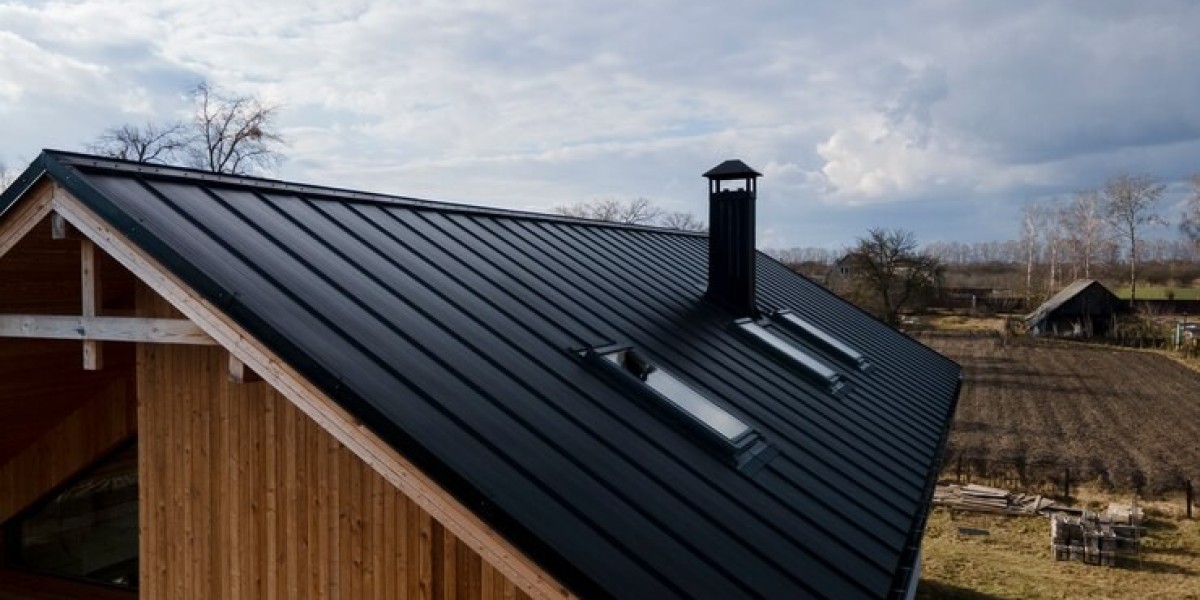Understanding why is NPS important starts with recognizing that customer satisfaction isn’t just a metric—it’s a reflection of your company’s ability to meet expectations and build loyalty. The Net Promoter Score (NPS) provides a direct way to measure how likely customers are to recommend your business, offering insight into their overall perception.
Unlike lengthy satisfaction forms, NPS simplifies feedback into a single question: “How likely are you to recommend us to a friend or colleague?” The strength of NPS lies in its simplicity, which encourages higher response rates and more honest answers. It categorizes respondents as Promoters, Passives, or Detractors, providing a clear picture of your brand’s standing.
For businesses aiming to improve customer retention, NPS is a valuable early warning system. A decline in your score may highlight deeper issues in service, product quality, or communication—long before customers start leaving. By continuously tracking NPS, companies can identify pain points and take corrective actions based on direct feedback.
Moreover, NPS supports benchmarking. Whether comparing scores internally across departments or externally against competitors, this metric enables decision-makers to evaluate performance from a customer-centric perspective. It also helps align teams around a common goal: customer satisfaction.
One of the underestimated benefits of NPS is its role in creating dialogue. Customers who score low can be followed up with to understand specific issues. This not only helps recover relationships but also shows that their opinions are valued. On the other hand, identifying promoters opens up opportunities to build brand advocacy and leverage testimonials.
That said, simply measuring NPS is not enough. Acting on insights is where the value lies. Regular reviews, discussions across departments, and tracking the results of implemented changes help close the feedback loop and encourage a culture of continuous improvement.
To gain accurate insights, businesses must support their NPS initiative with a clear and thoughtful survey plan. This involves determining the right timing, choosing relevant follow-up questions, and deciding how feedback will be analyzed and acted upon. A structured survey plan ensures consistency, prevents data fatigue, and helps extract meaningful trends that guide long-term strategy.








